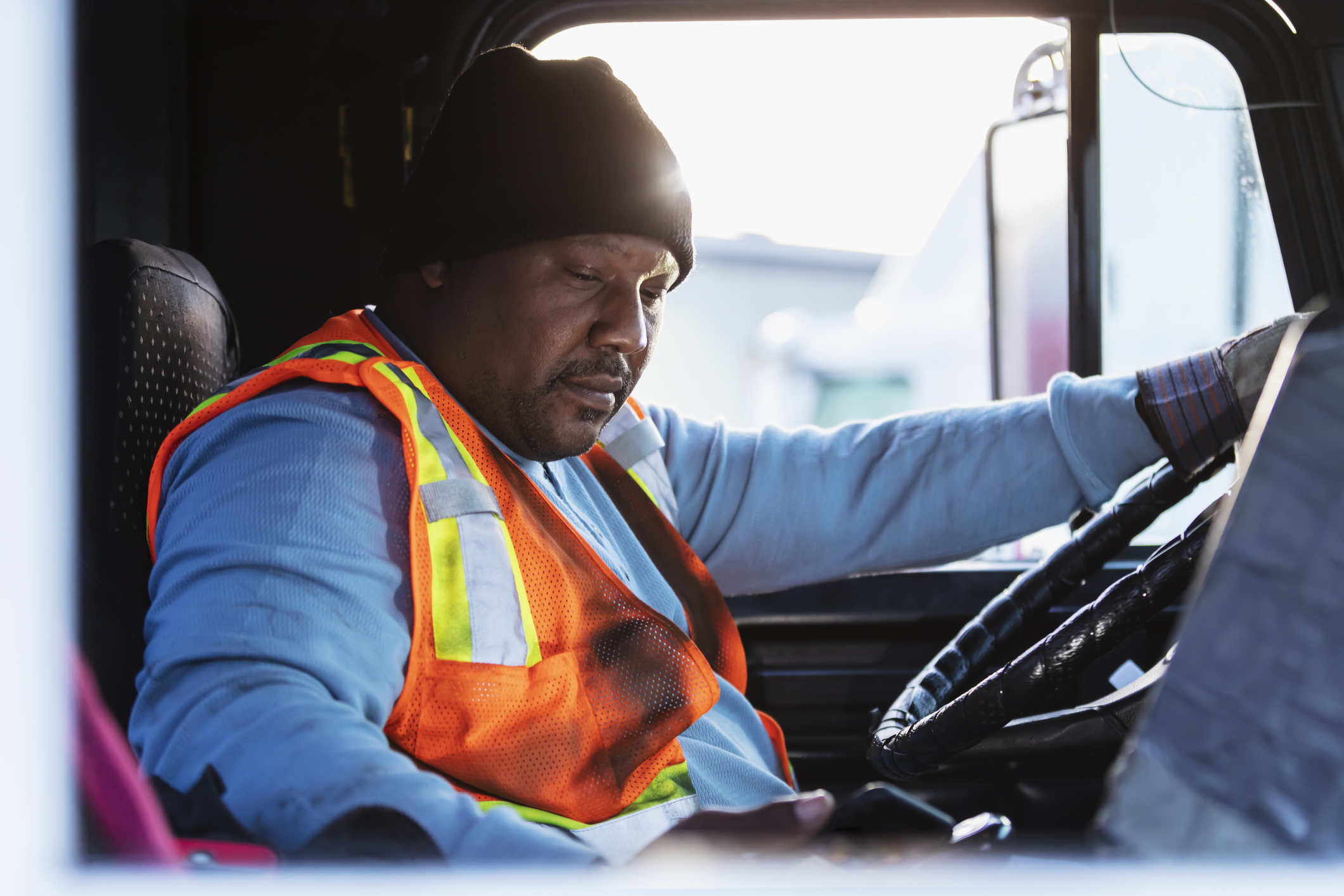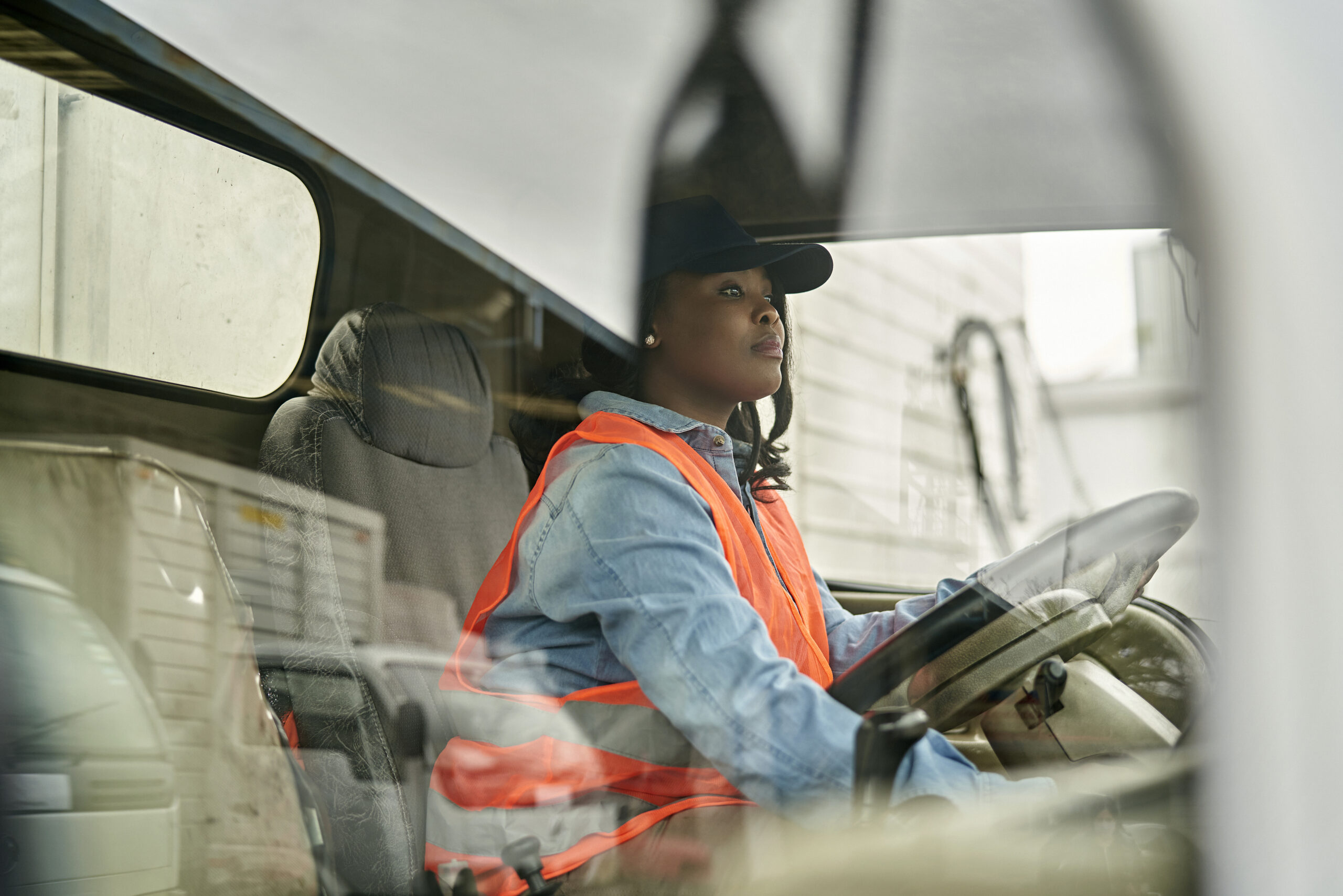5 Quick Ways Dispatchers Can Boost Driver Morale

It’s just a fact of life in the world of trucking: being on the road implies a lot of isolation.
Whether long haul or local, your drivers are out nearly every day, and one of their only forms of contact with the world comes from their dispatcher.
That relationship between the driver and the dispatcher is one of the most overlooked areas for improvement in the industry. That partnership can be a fluid, dynamic and appreciative one, or it can be riddled with ambiguity and coldness, leaving drivers unhappy for hundreds and hundreds of miles.
And, after all, happy drivers are a trucking company’s secret weapon. They keep engagement high, build intrigue among other drivers and build your reputation.
Here are five quick ways your dispatchers can boost driver morale:
Start from Day One
With their training out of the way, your new drivers are ready to hit the road. They’re now a part of your team, and, like the other drivers, must talk to dispatch on a regular basis.
Encourage your dispatchers to get to know new drivers and welcome them into the fold. Do they want to be referred to by first name, Mr. or Ms., or by a nickname? How long have they been driving? Do they have a spouse, kids, or family? What do they do for fun?
By making quick notes on these, and other, individual traits, dispatchers can easily build rapport with new team members and keep them happy for miles and miles to come.
After all, a happy driver is a great recruiting tool.
Empathize
Many dispatchers have been right where drivers are, especially those in one Canadian company we wrote about. They’ve been on the road for 14 hours per day, and they’ve dealt with the stress and endless waiting.
One main objective of a dispatcher is to be an open ear for the driver. They should be available to empathize and listen to the driver’s concerns.
Apologize
Everyone’s human and we all make mistakes, dispatchers included. If a dispatcher makes a mistake, encourage them to own it.
For a dispatcher, it can be easy to place the blame elsewhere, skirt the subject or make excuses. But when you emphasize the power of apologizing to your dispatchers, you’ll get greater results.
Not only will the dispatcher buy the respect of the driver, they’ll gain more trust in the company.
Open Up
Drivers look to dispatchers as an authority figure, ready to give them the scoop on the next place to head to. But more than that, they can be a friend.
Friendships of all sorts take time to blossom, but all require a bit of vulnerability on both ends. Encourage your dispatchers to be as forthcoming with details about their own lives as they see fit.
Commiserating about home repairs, pets or work itself might be feel like idle chatter, but it might be just the thing to keep a driver on your team.
Going Deeper
While the link between the driver and the dispatcher is undoubtedly important, they’re only two components of a larger chain of people: logistics, safety, admin and others. Each has the potential of making a driver’s job easy—or making their job miserable.
With a flexible, anonymous feedback platform like WorkHound, drivers can submit their feelings directly to key stakeholders.
And, by keeping close tabs on drivers’ feelings about their job, those stakeholders can monitor ongoing progress of individuals and reach out if an individual is at high risk of leaving.
driver retention, driver turnover
Let's Build Better Workplaces Together
Revolutionize your company culture and your worker retention rates by improving communication and engagement.
Book a Demo

